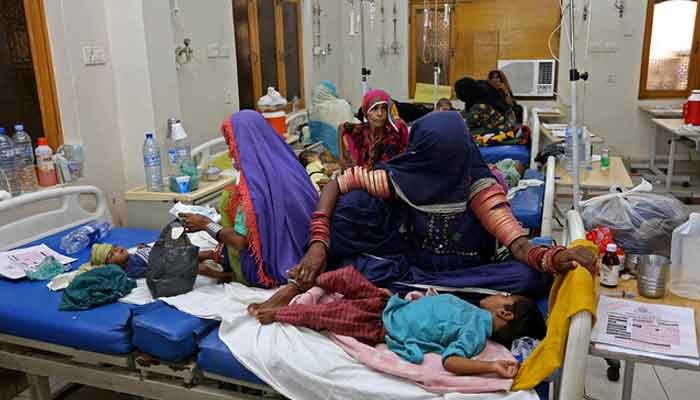As extreme weather events become more frequent due to climate change, their impact on malaria rates has raised concerns among global health officials.
Pakistan experienced a four-fold increase in malaria cases to 1.6 million after severe floods, while Malawi faced a similar surge in infections following Cyclone Freddy. These instances demonstrate the connection between climate change and the spread of malaria, emphasizing the need for immediate action.
While recent scientific breakthroughs have led to the development of vaccines like RTS,S and R21/Matrix-M, their large-scale deployment and cost remain challenges in the fight against malaria. Instead, the focus should be on strengthening routine diagnosis and treatment infrastructure, especially in vulnerable communities.
Peter Sands, head of the Global Fund to fight AIDS, Tuberculosis and Malaria, has urged countries to bolster their health systems’ resilience to climate change-induced shocks. He highlighted the crucial role of community health workers in diagnosing and treating malaria and called for greater protection of medical commodities, drugs, and treatments during extreme weather events.
As the countries with the highest burden of malaria are also the ones most at risk from climate change, coordinated efforts to tackle both issues are essential to safeguard public health.


